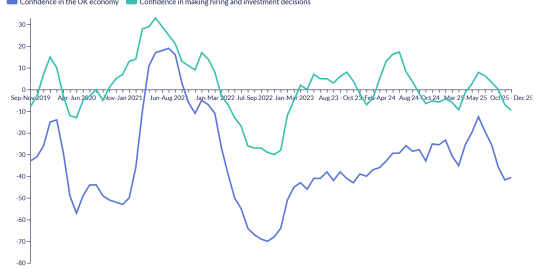eFinancialCareers recently ran a roundtable in Sydney, which was attended by 12 senior HR professionals from major domestic and international financial services institutions. In the first of a two-part report, we give you the delegatesí take on recruitment, retention and compensation. Attendees asked not to be named in this article.
Six months sure is a long time in financial recruitment circles. Cast you mind back to the previous eFC roundtable in March (or just click here
The mood this week was much more upbeat, although attendees agreed that we are still far from being back in a hiring boom.
ìOur recruitment volumes are about double what they were this time last year,î remarked an attendee from a Big Four bank.
Front-office, revenue-generating roles are the current focus of most recruitment campaigns. ìIn the front office, itís new-growth hiring. In the back office, itís mainly replacement and redeployment,î he added.
Of all the client-facing functions, the delegates cited relationship managers for both private and consumer banks as the most difficult to source. ìRecruiting RMs isnít easy. There are very few people with the right skill sets who can hit the ground running.î
There are, however, a few exceptions to the front-office emphasis. Governance-centric roles (in particular, risk, compliance and internal audit) are still in demand at most banks, while claims jobs in the insurance sector are also on the up.
No matter what the role, employers are lot more demanding in their hiring than they were a year ago. But roundtable delegates dismissed the common agency-recruiter complaint that banks have raised the recruitment bar too high and are demanding an unrealistic ìperfect matchî for every job.
ìThe financial crisis has fundamentally and rapidly changed the types of roles we are offering, so therefore the skills sets are naturally harder to find. The capability we expect is a lot higher,î explained one attendee.
The retention dimension
Foreign financial institutions in Australia are concentrating on retaining their key senior talent. And for a few high-flyers, this policy can have concrete benefits. ìCounter offers are returning in the form of salary rises, job title changes, and management structure changes.î
The Big Four accounting firms havenít had to offer such inducements to retain their junior staff. Because the financial crisis has made banking careers seem comparatively unstable, there has been a recent rise in the number of newly qualified accountants staying put, rather than defecting to the banks.
And in an encouraging sign for the employment market, Australian-owned banks say they are converting an increasing number of temporary workers – hired to staff essential projects in the wake of the financial crisis – into permanent roles at the end of their contracts. Banking IT professionals are at the forefront of this trend.
Compensation expectations
Bonus expectations are rising again. ìIn the first three months of the year, people thought 2009 would be so bad that they were happy just to have a job. Now they are thinking ësurely we canít have two bad years in a rowí,î commented one panellist.
Get set for more movement in March. ìThis time 12 months ago, bonuses werenít having much of an impact. But now as we get closer to bonus time, turnover might be seasonally low again in November/December, in readiness for March.
Some international banks in Australia have recently given 20 to 50 per cent base salary rises for some senior staff. Delegates admitted that this has upset the traditionally consistent nature of Australian salary scales.
ìThe crunch will come in March for banks who have raised their base. It might not stop people moving. If youíre annoyed with your bonus, you donít care so much about your base.î
Look out for the second part of this report next week, which will deal with candidates and recruitment agents.
Recruitment Roundtable: banks get more upbeat

eFinancialCareers recently ran a roundtable in Sydney, which was attended by 12 senior HR professionals from major domestic and international financial services institutions




